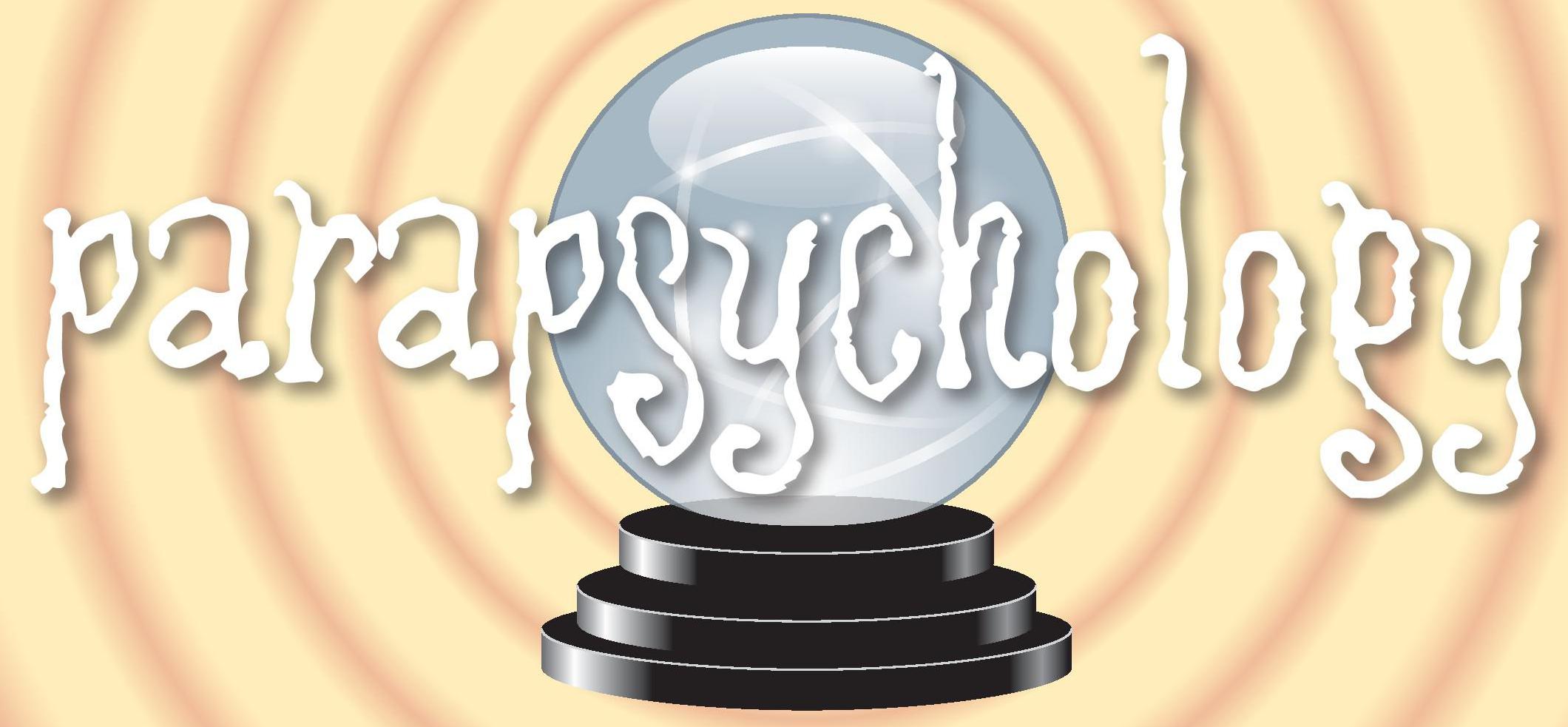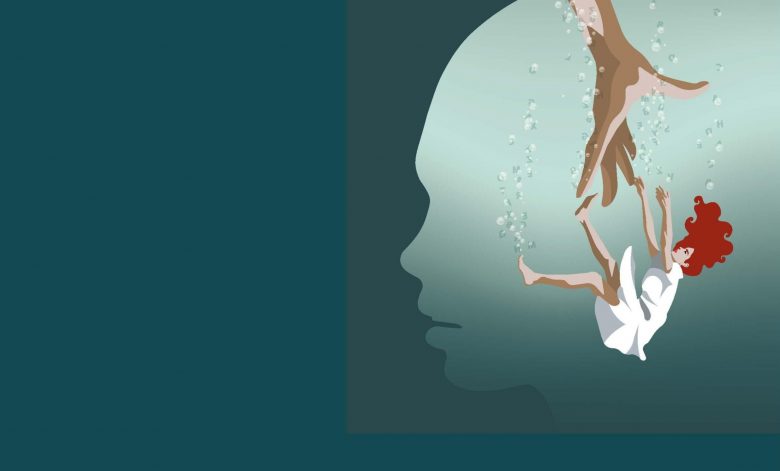
Scientific findings are generally trusted by the public, especially those published in the ‘top’ academic journals. However, most people do not have much understanding of the checks and balances used to ensure that such trust is not misplaced. This article focuses on two issues that are central to quality control in science: peer review and replication.
Peer review is the primary mechanism intended to ensure that only high-quality research is published in scientific journals. When a scientific paper is submitted to a journal, the editor will send the paper to a number of experts in the field in order for them to review the work.
Your organisation does not have access to this article.
Sign up today to give your students the edge they need to achieve their best grades with subject expertise
Subscribe



